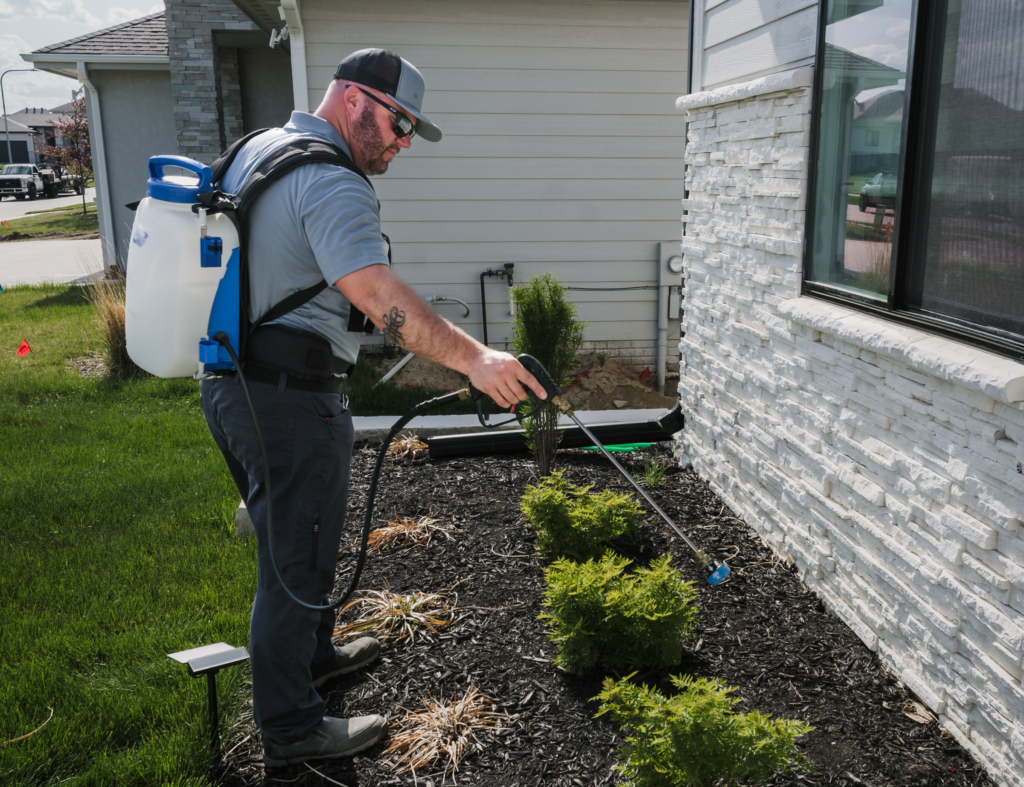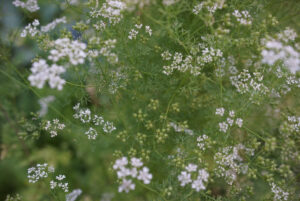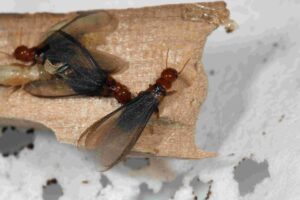
Pest Control is a critical aspect of maintaining a healthy and comfortable environment in Nebraska. From urban areas to rural landscapes, pests can pose significant challenges to residents, businesses, and agricultural operations. Understanding common pests, implementing effective control strategies, and seeking professional assistance when needed are essential for achieving pest-free living conditions in the Cornhusker State to get exterminator.
Common Pests in Nebraska
Identification and Characteristics
Nebraska is home to a variety of pests that can invade homes, businesses, and agricultural fields. Among the most prevalent are rodents such as mice and rats, which seek shelter and food sources indoors. Insects including ants, cockroaches, and termites are also common, often exploiting cracks and crevices to establish colonies. Additionally, wildlife such as raccoons, skunks, and deer can cause disruptions and damage to properties.
Risks Associated with Pest Infestations
The presence of pests in Nebraska poses numerous risks to both human health and property. Rodents and insects are known carriers of diseases, including salmonella and Lyme disease, which can be transmitted to humans through bites, droppings, or contaminated food and surfaces. Moreover, pests such as termites and carpenter ants can cause extensive damage to structures, compromising their stability and requiring costly repairs. In agricultural settings, pests can devastate crops, leading to significant economic losses for farmers.
Environmental Factors Contributing to Pest Presence
Several environmental factors contribute to the prevalence of pests in Nebraska. Changes in weather patterns, such as temperature fluctuations and precipitation levels, can influence pest activity and population dynamics. Urbanization and human activities, such as improper waste management and landscaping practices, create favorable conditions for pests to thrive. Furthermore, proximity to natural habitats and water sources can attract wildlife into residential and commercial areas, increasing the likelihood of pest encounters.
Strategies for Maintaining a Pest-Free Environment
Integrated Pest Management (IPM) Techniques
Integrated Pest Management (IPM) offers a comprehensive approach to pest control, utilizing a combination of biological, mechanical, and chemical methods. Biological control involves the use of natural predators or parasites to regulate pest populations, reducing reliance on synthetic pesticides. Mechanical control measures, such as traps and barriers, physically prevent pests from accessing buildings or crops. Chemical control solutions, when necessary, are applied judiciously to target specific pests while minimizing environmental impact.
Effective Preventive Measures
Prevention is key to minimizing pest infestations and reducing the need for reactive pest control measures. Structural maintenance, such as sealing cracks and gaps in buildings, prevents pests from gaining entry indoors. Implementing sanitation practices, such as proper food storage and waste disposal, eliminates food sources for pests and reduces their attraction to properties. Habitat modification, such as removing debris and vegetation from around buildings, eliminates harborage areas and deters pest activity.
Importance of Regular Inspections
Regular inspections conducted by trained professionals are crucial for early detection and intervention against pest infestations. Routine inspections allow for the identification of potential entry points, harborage areas, and signs of pest activity. By identifying pest issues early on, proactive measures can be implemented to prevent infestations from becoming more severe. Additionally, regular inspections help ensure compliance with regulatory requirements and promote a proactive approach to pest management.
Benefits of Hiring a Professional Exterminator
Expertise and Experience
Professional exterminators in Nebraska offer valuable expertise and experience in dealing with a wide range of pest infestations. Trained technicians possess in-depth knowledge of local pests, their behaviors, and effective control strategies. Additionally, they undergo specialized training to safely and effectively apply pest control treatments while minimizing risks to humans, pets, and the environment.
Customized Solutions
One of the primary advantages of hiring a professional exterminator is the development of customized pest management solutions tailored to the unique needs of each property. Exterminators assess factors such as the type of pests present, the severity of infestations, and the preferences of property owners to devise targeted treatment plans. By implementing customized solutions, exterminators can address specific pest issues comprehensively and provide long-term protection against future infestations.
Peace of Mind for Residents and Businesses
By entrusting pest control tasks to professionals, residents and businesses in Nebraska can enjoy peace of mind knowing that their properties are protected against potential threats. Professional exterminators not only ensure effective pest management but also provide ongoing support and guidance to help prevent future infestations. By proactively addressing pest concerns, residents and businesses can maintain a pest-free environment and focus on their daily activities without the worry of pest-related disruptions.
Conclusion
In conclusion, achieving pest-free living in Nebraska requires a proactive approach to pest management and the expertise of professional exterminators. By understanding common pests, implementing effective control strategies, and seeking professional assistance when needed, residents, businesses, and agricultural operations can create a safe and comfortable environment for themselves and their communities. Embracing pest control measures not only protects property and health but also preserves the integrity and beauty of Nebraska’s diverse landscapes for future generations to enjoy.


